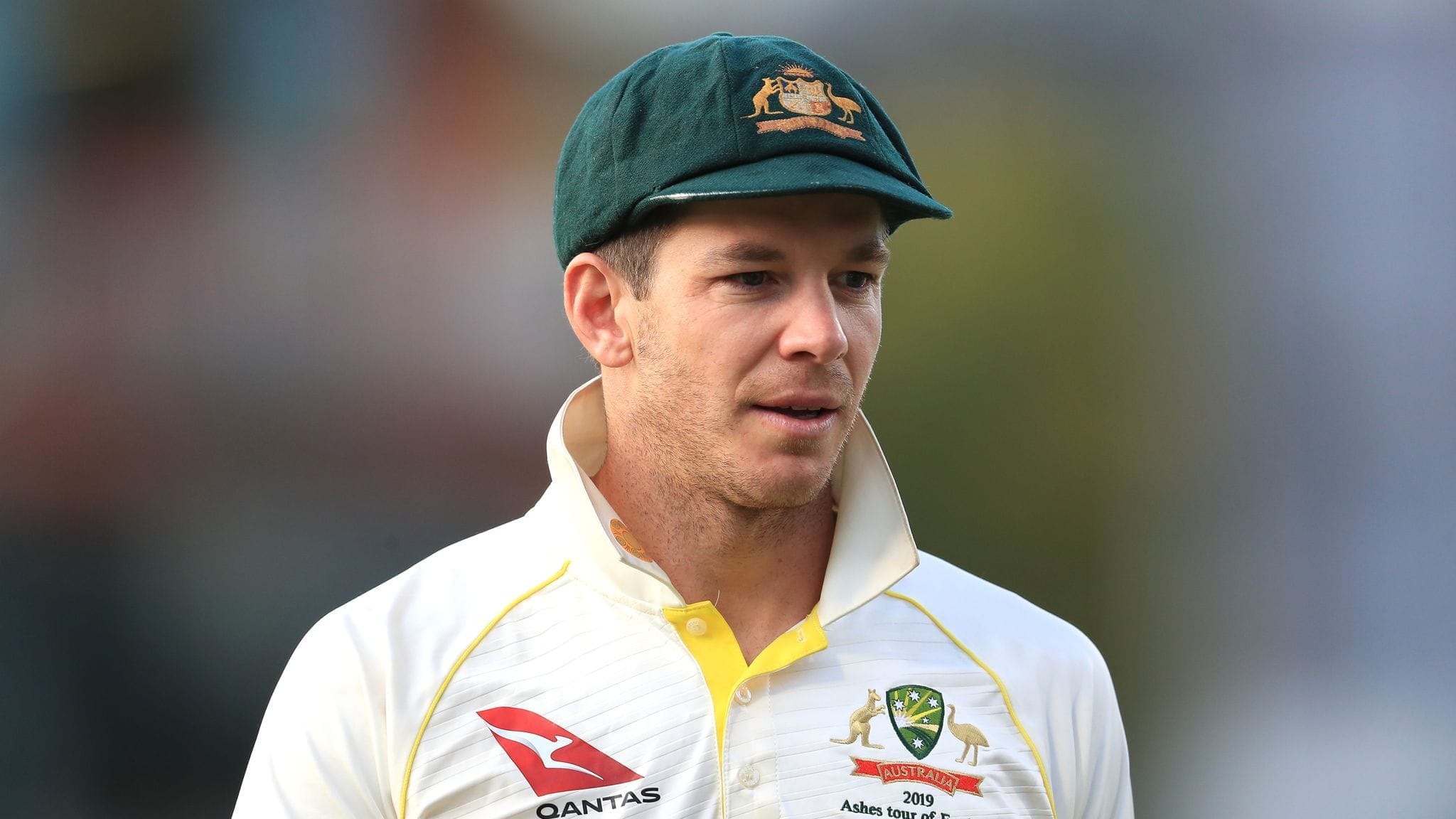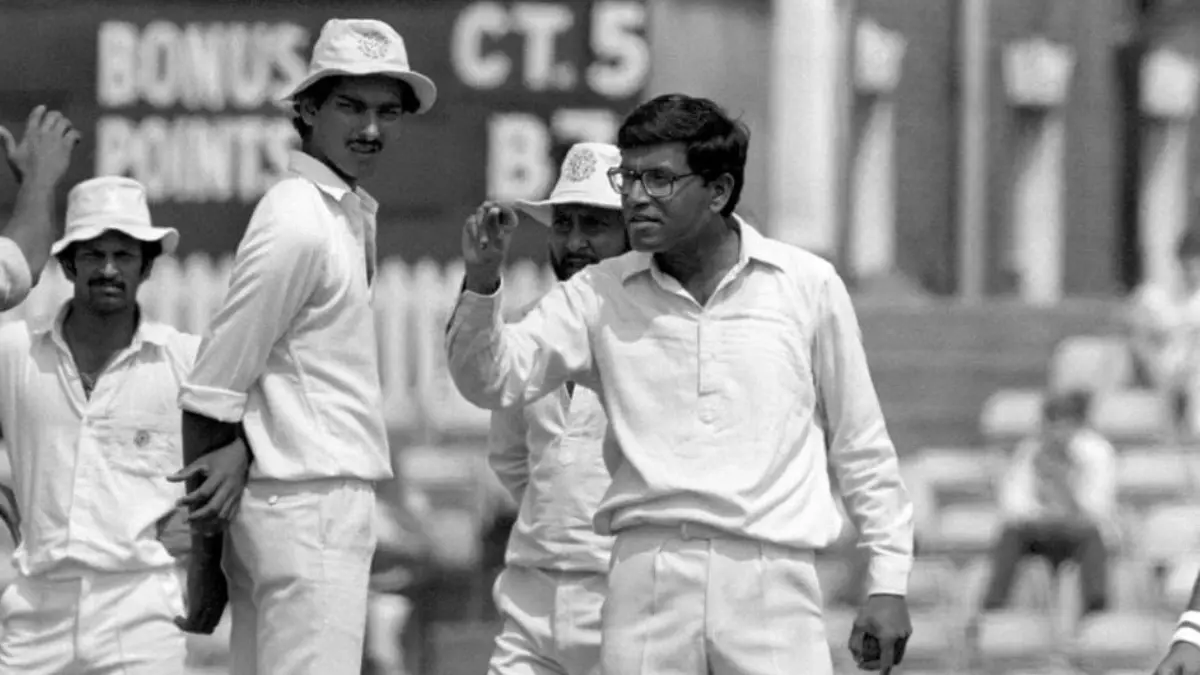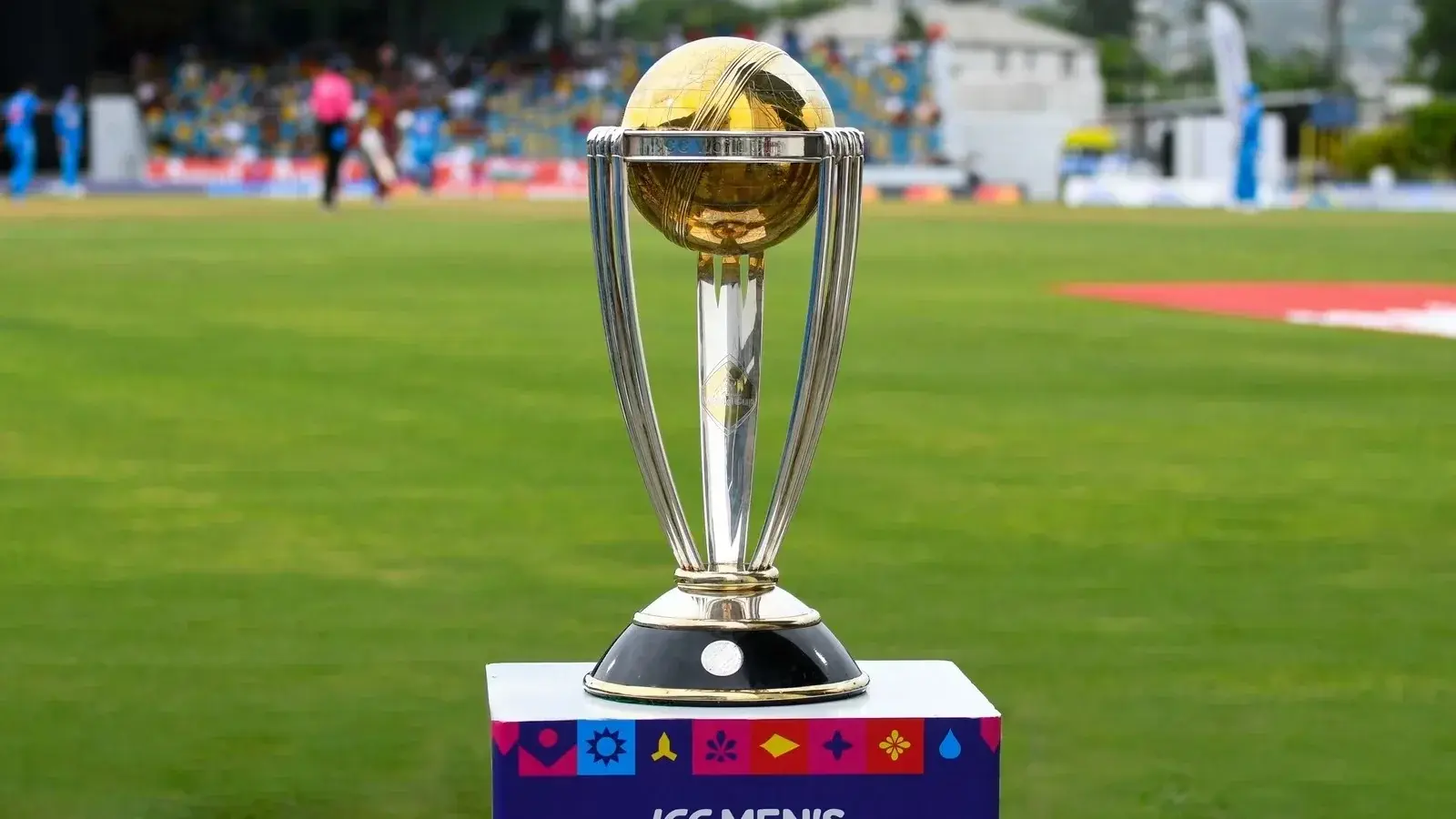With English cricket still reeling from the shame and embarrassment of the Azeem Rafiq saga, and with actual cricket not being a possibility because of unending and unseasonal rain in Queensland and elsewhere in Australia, the build-up to The Ashes was given extra spice by the sudden resignation of Australia’s captain Tim Paine because of a four-year old sexting incident.
Paine duly made what is becoming almost the traditional tear-soaked resignation speech (Kim Hughes, Steve Smith), and, obviously, in a general way a national sporting team could hardly imagine a worse prelude to an important contest than the unexpected resignation of the team captain. But this is all rather complicated.
The incident in question took place around the time of Paine’s recall to the Test side for The 2017-18 Ashes, some seven years after his last appearance; who knows, perhaps it was his way of celebrating – everyone is different. There seems to be a lot more to the story than is in the public domain; apparently our learned friends the lawyers are rolling up their sleeves so comment has to be circumscribed. What appears to have happened was a chain of apparently “consensual” text messages between Paine and a female colleague at Cricket Tasmania. The matter was investigated at the time. Apparently, the woman in question was not interviewed as part of this inquiry. The inquiry concluded that there had been no breach of the Code of Conduct then applicable to Australian cricketers.
This does seem slightly odd. It seems unlikely that the Code contained a specific, express exoneration for male employees sending pictures of their todgers to female colleagues, unless Sir Les Paterson had been engaged as a “consultant” of the Australian Cricket Board (“ACB” – they will have hired many less effective consultants); more likely, it was a matter of interpretation. Now the ACB – which still has two members who were on the board at the relevant time – is saying that a different decision would be made if the matter were to arise today. This is a significant contributory factor to the view held in some quarters that Paine has been thrown under the bus. Apparently the board’s hand was forced because a disgruntled employee was threatening to disclose the story. Thus although Paine’s resignation appears to have been entirely voluntary it appears that his hand may have been forced. Now he is on indefinite mental health leave and it would not be far-fetched to assume that his cricket career is over; and seemingly five minutes ago he was the poster boy for the 2021-22 Ashes.
It is a fairly widespread sentiment to feel sorry for Paine, albeit rather in the way that one feels sorry for Fagin in the condemned cell. Paine is hardly a rogue – although one does not have to be a member of the Me Too movement to regard his action as base and repellent. One can certainly feel enormous sympathy for his family.
Whether or not Paine is a rogue in any meaningful sense, he is clearly a bloody idiot. Not long after the hearing into this squalid event he was appointed captain of Australia in the wake of Smith’s peremptory removal in the wake of the sandpaper scandal in South Africa. Paine was the new face of Australian cricket, representing decency, honesty and all the rest of it. When he had returned to the side in 2017-18 he was already regarded as potential leadership material, apparently, so his appointment to take on the captaincy in South Africa was not a complete shock. Not surprisingly, he seems to have been happy to go along with the notion of himself as the bright new face of Australian cricket. All the time, though, he must have been thinking this thing could slip out (as it were).
And what about the ACB? They also, at least have much as Paine, must just have hoped that it wouldn’t slip out. When it comes to cover-ups the ACB have form. Cricket’s great scandal of the 1990s /2000s was match-fixing. A major aspect of this story comprised allegations by three Australian players, Tim May, Shane Warne and Mark Waugh, that they had been offered bribes to under-perform by the then Pakistan captain Salim Malik during the Test series in Pakistan in October-November1994. Malik of course denied these allegations when they were made public. During Australia’s next tour of Pakistan, in 1998-99, Waugh and the Australian captain, Mark Taylor (on behalf of Warne, who was injured) testified before a judicial inquiry into corruption in Pakistan cricket. Only after this was it revealed that back in 1995 Waugh and Warne had been fined by the ACB for accepting money from an Indian bookmaker in exchange for pitch information during the Singer Cup in Sri Lanka. So it is perfectly feasible that the ACB just wanted to hush the thing up. There’s leadership for you.
One of the odd things about Paine’s departure is that many people think Australia are a stronger side as a result. Indeed there is even a Machiavellian theory that that is what the ACB were up to: that is surely not true. Like most things, this is cock-up – again, pardon the expression – rather than conspiracy.
The new incumbent, Pat Cummins, is now inevitably being built up in much the same way Paine was. It is a fact that Cummins has it in him to be one of the greatest cricketers of his generation. Whether he can cope with the pressures of captaincy as well is a fascinating question.
More interesting for present purposes, however, is the choice of Smith as his vice- captain. In the aftermath of the sandpaper scandal of the Cape Town Test of March 2018 a root and branch review of the “culture” of Australian cricket was carried out. What this meant, at the end of the day, was not entirely clear but there must have been a feeling that Smith, who had been in charge for a while, was perhaps not the ideal leader.
The issue of the “crime” itself – ball-tampering – is not straightforward. The Cape Town incident was extreme – egregious and gigantically stupid – not least the bizarre press conference where Smith and sandpapered in chief Cameron Bancroft tried to lie their way out of trouble – as well as weirdly ineffective. Even so, there was a fairly widespread view that the punishment inflicted on Smith and Warner in particular – a year’s ban from all cricket – did not really fit the crime. It was the ACB that took action. if it had been left to the International Cricket Council, the players would probably have been suspended for a couple of matches, which seems to be the standard rate.
And who else knew what was going on? There was talk of a “leadership group” which appeared to comprise pretty well everyone except the hapless Bancroft (even he was discovered to have leadership qualities a year or so later when he was appointed captain of Durham).
Were they cheating? Well, yes. The trouble is, of course, that everyone does it. The owners of Murraymints are at least as deserving of an MBE as Paul Collingwood for their contribution to England’s 2005 Ashes win. Marcus Trescothick, England’s “ball manager” was an assiduous polisher, mint – assisted saliva always at the ready; that’s one thing that’s changed with COVID.
Is ball- tampering worse than leading a side of privileged white cricketers on a money- making tour of apartheid-ridden South Africa? Graham Gooch and Mike Gatting did that, and they are distinguished elder statesmen of the English game.
Yes England cannot scoff at Australia for their leadership issues. The memory of the Select Committee hearing into the Yorkshire racism scandal is too raw for that. The England and Wales Cricket Board sent four representatives there. They all, you can be absolutely sure, had “leadership roles”. (Some of these organisations have a worrying dearth of followers.) What they didn’t have, between them, was an opinion. There hadn’t been time to cobble together a focus group to tell them what they ought to think.
Meanwhile, the Prince of Wales has visited Bridgetown, Barbados, to mark the island nation’s becoming a republic. In his speech he delivered a moving and worthy, if somewhat meaningless, apology for slavery. Modern leaders love apologising for things they had no direct responsibility for. It is no trouble, makes them look and feel good, and the headlines do no harm. Bill Clinton and Tony Blair were past masters at this. When it came to things they were responsible for, apologising wasn’t so easy.
The current leaders of Barbados are searching for a replacement mother or father figure now that the apron strings of Her Majesty have been loosened. And where better to look than China, a country where slavery is not simply a hideous manifestation of private enterprise but a devoutly applied article of governmental faith.
The Caribbean has long been a primary target of China’s awe-inspiring One Belt One Road policy, the not especially subtle aim of which is global economic supremacy on an unprecedented scale. This is a cricket blog so why am I going on about it? It is true that the fact that the Chinese government actually owns the Foreign Ministry of Uganda – literally, and no doubt metaphorically – has nothing to do with cricket. But anyone who knows and loves Sri Lanka, a leading cricket nation, will be well aware of Chinese depredations there. In the Caribbean the approach has been more nuanced. The Chinese paid for the new stadia – all totally character-free and inconveniently located – that sprang up ahead of the men’s 2007 World Cup. One of the few memorable events connected with that underwhelming competition – aside from the sudden tragic death of the Pakistan coach and former Kent and England batsman Bob Woolmer – came when the band hired to perform at the formal opening of one of these pointless new stadia struck up, accidentally one assumes, with the Taiwanese national anthem instead of the Chinese one. These moments have to be savoured, cherished.
One thing you can’t accuse the Chinese of is a lack of leadership. Cricket, so often used as a metaphor for life itself, is, if not wallowing in then at least struggling in a moral and almost existential vacuum. So are some of the countries in which it is played. The President of France, not devoid of problems of his own, is happy to call the Prime Minister of one of his most significant allies, the United Kingdom, a clown. Right now, after Boris Johnson’s hamfisted attempt to reform Parliamentary standards, and the bizarre Peppa Pig speech, many people in his own country would agree. And is the United States any better? Just think, 2024, Donald Trump, and shudder.
Cricket will look after itself, it always does. But the bigger picture? They say we get the governments we deserve. That can’t be true everywhere. But in the Western democracies it certainly is.





3 comments
Anthony Palmer
Both hilarious and serious, Bill. On the latter part you’re in good company with Jeremy Clarkson.
Bruce Freeman
Tough on the Aussies, the CCP and, by inference, a number of other nefarious parties too.
I hope this doesn’t end badly for you, Bill, but it makes good reading.
Alex+Deverell
NO!! It can’t be true! Surely Tim is perfect! I’m so disappointed. I really admired him in the Netflix documentary. To be fair though I expect women threw themselves at him – stupid boy though! Again, brilliant piece Bill.